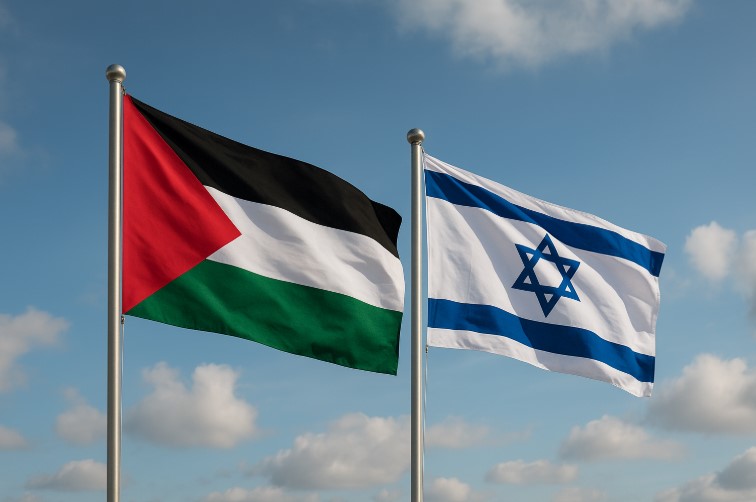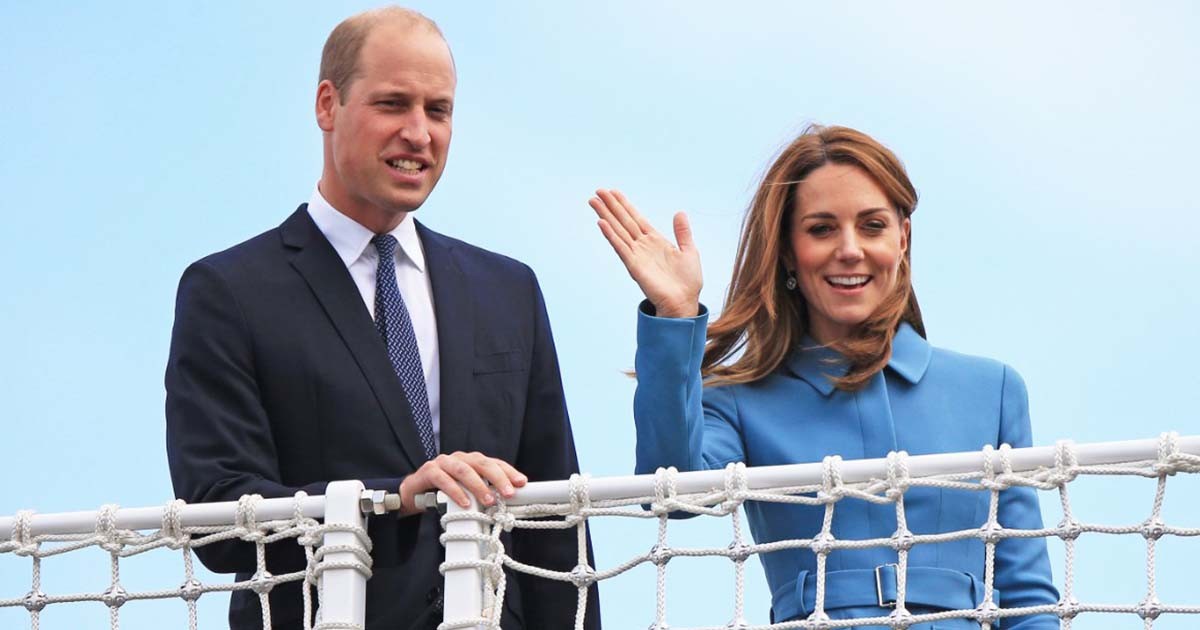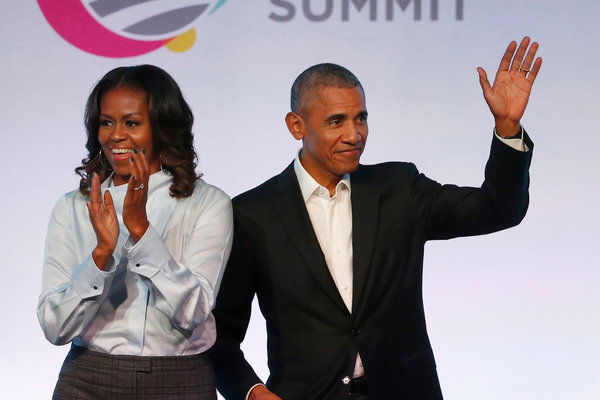On September 21st, in a diplomatic manoeuvre timed for the eve of the United Nations General Assembly, Britain formally recognised the State of Palestine, joining Canada, Australia and Portugal in a rare Western chorus. Sir Keir Starmer, the prime minister, framed the decision as a safeguard for the two-state solution, declaring it essential to “keep alive the possibility of peace” amid Israel’s military operations in Gaza and the West Bank. This step, reversing decades of British reticence, carries profound symbolic weight. It reopens historical wounds for Israel while exerting subtle pressure on a resurgent Donald Trump in the White House, exposing fissures in the transatlantic alliance over the Israeli-Palestinian conflict.
Today, to revive the hope of peace and a two state solution, the UK formally recognises the State of Palestine. pic.twitter.com/nVQiwirt1N
— The Labour Party (@UKLabour) September 21, 2025
Balfour’s Shadow
Britain’s imperial imprint on the region was a legacy of contradictory promises and partition that birthed the modern state while sowing seeds of enduring strife. The story begins in 1917 with the Balfour Declaration, a terse letter from Arthur Balfour, then foreign secretary, to Lord Rothschild, endorsing “the establishment in Palestine of a national home for the Jewish people” while pledging to protect the “civil and religious rights” of non-Jewish communities.
Issued amid the first world war, this was a strategic gambit: Britain sought Jewish support in America and Russia to bolster the Allied effort, even as it courted Arab leaders with the McMahon-Hussein correspondence, which implied independence for Arab territories including Palestine in exchange for revolting against Ottoman rule. The ensuing Mandate for Palestine, conferred by the League of Nations in 1922, formalised British administration, incorporating the Balfour pledge and tasking the UK with fostering Jewish immigration while curbing Arab unrest.
The Mandate era (1920-48) unravelled into chaos. Jewish land purchases and immigration—accelerated by European pogroms and later the Holocaust—provoked Arab revolts, notably the 1936-39 uprising, which Britain suppressed with brutal efficiency. By 1939, facing strategic overstretch ahead of the second world war, London issued the White Paper, capping Jewish immigration and envisioning an independent binational state—a volte-face that alienated Zionists and failed to appease Arabs. Postwar exhaustion led Britain to relinquish the Mandate in 1947, handing the question to the UN, whose Partition Plan (Resolution 181) allocated 56% of Mandate Palestine to a Jewish state and 43% to an Arab one, with Jerusalem internationalised. Jewish leaders accepted; Arab ones rejected it as inequitable, given Jews comprised one-third of the population but owned less than 7% of the land.
Read More: Israel boycott calls spread as celebs and artists speak out
The 1948 Arab-Israeli war, or Nakba (“catastrophe”) to Palestinians, followed: Israel expanded to 78% of the territory, displacing 750,000 Palestinians. Britain’s hasty withdrawal—marked by the chaotic evacuation of troops from Haifa—left a vacuum that Israeli forces filled, but the UK’s equivocal role lingered in collective memory. For Israelis, Britain was the midwife of statehood, yet also the colonial overseer who armed Arab irregulars and dithered on Jewish refugees. This ambivalence crystallised in Israel’s early diplomacy: the 1950 reparations agreement with West Germany was a pragmatic pivot, but ties with Britain remained prickly, haunted by the 1946 King David Hotel bombing of British headquarters by Irgun militants.
Israel’s Diplomatic Wince
The recognition strikes at this foundational mythos with acute irony. Occurring 108 years after Balfour, it symbolises a belated atonement—or, from Jerusalem’s vantage, a betrayal. Binyamin Netanyahu, Israel’s prime minister, lambasted it as an “absurd prize for terrorism”, accusing London of rewarding Hamas’s October 7th 2023 atrocities, which killed 1,200 Israelis and precipitated a war that has claimed over 40,000 Palestinian lives. Israel’s foreign ministry echoed this, decrying the move as legitimising “jihadist” violence and undermining negotiations.
The embarrassment is compounded by Britain’s outsized historical culpability: as the Mandate power, the UK bears unique responsibility for the partition’s inequities and the refugee crisis. Recognition elevates Palestine to the status of 147th UN member-state aspirant—already recognised by 145 countries—chipping away at Israel’s de facto veto over statehood talks. Domestically, it fuels Mr Netanyahu’s narrative of international isolation, bolstering his coalition’s hardliners who advocate West Bank annexation. Yet it also exposes Israel’s diplomatic vulnerabilities: with allies like America wavering under global scrutiny of Gaza’s humanitarian toll, Jerusalem’s retorts—threats of retaliation or settlement expansion—risk further alienation.
Trump’s Awkward Bind
Donald Trump, re-elected in 2024 and presiding over an “America First” foreign policy, finds the UK’s pivot imposing a more insidious pressure: it spotlights the costs of unilateralism. Mr Trump’s first term (2017-21) reshaped American Middle East policy in Israel’s favour—the Jerusalem embassy relocation, Golan Heights recognition, Abraham Accords—while sidelining Palestinian statehood as a precondition for talks. His “Deal of the Century” (2020) envisioned a truncated Palestinian entity, dismissed by Ramallah as non-viable. Upon returning to office, Mr Trump doubled down, vetoing UN resolutions critical of Israel and brokering Saudi-Israeli normalisation without concessions to Palestinians.
The 2025 recognitions, however, fracture this edifice. Sir Keir’s announcement, despite Mr Trump’s public entreaties against it, underscores a transatlantic drift: Canada and Australia, both Five Eyes partners, followed suit, citing moral imperatives post-October 7th. Mr Trump “disagreed” vehemently, warning of strained trade ties with Britain and isolation at the UNGA, where he arrived “defiant but isolated”. This pressures Mr Trump on multiple fronts. Diplomatically, it erodes American leverage: with European allies edging towards the International Criminal Court’s Gaza probes, Washington faces calls to recalibrate or risk vetoing resolutions alone. Economically, threats of tariffs on the UK—echoing his July 2025 rebuke of Canada’s Mark Carney—could boomerang amid post-Brexit vulnerabilities. Politically, it complicates Mr Trump’s evangelical base, who view Israel as biblically ordained, yet it also invites progressive Democrats to amplify critiques of his bias.
Read More: US faces pressure in UN Security Council vote on Gaza
The UK’s recognition is less a seismic shift than a symbolic fulcrum, tilting the discourse towards Palestinian viability. It confronts Britain’s Balfour-era contradictions; for Israel, it recasts the colonial patron as an adversary; for Mr Trump, it demands a choice between fealty to Mr Netanyahu and alliance cohesion. Whether this catalyses a two-state revival or entrenches deadlock remains unclear—peace processes have faltered before on slighter pretexts. Yet in the arid terrain of diplomacy, such gestures water parched hopes, even if the harvest is uncertain
Wire Agencies with additional input by GVS News Desk.














